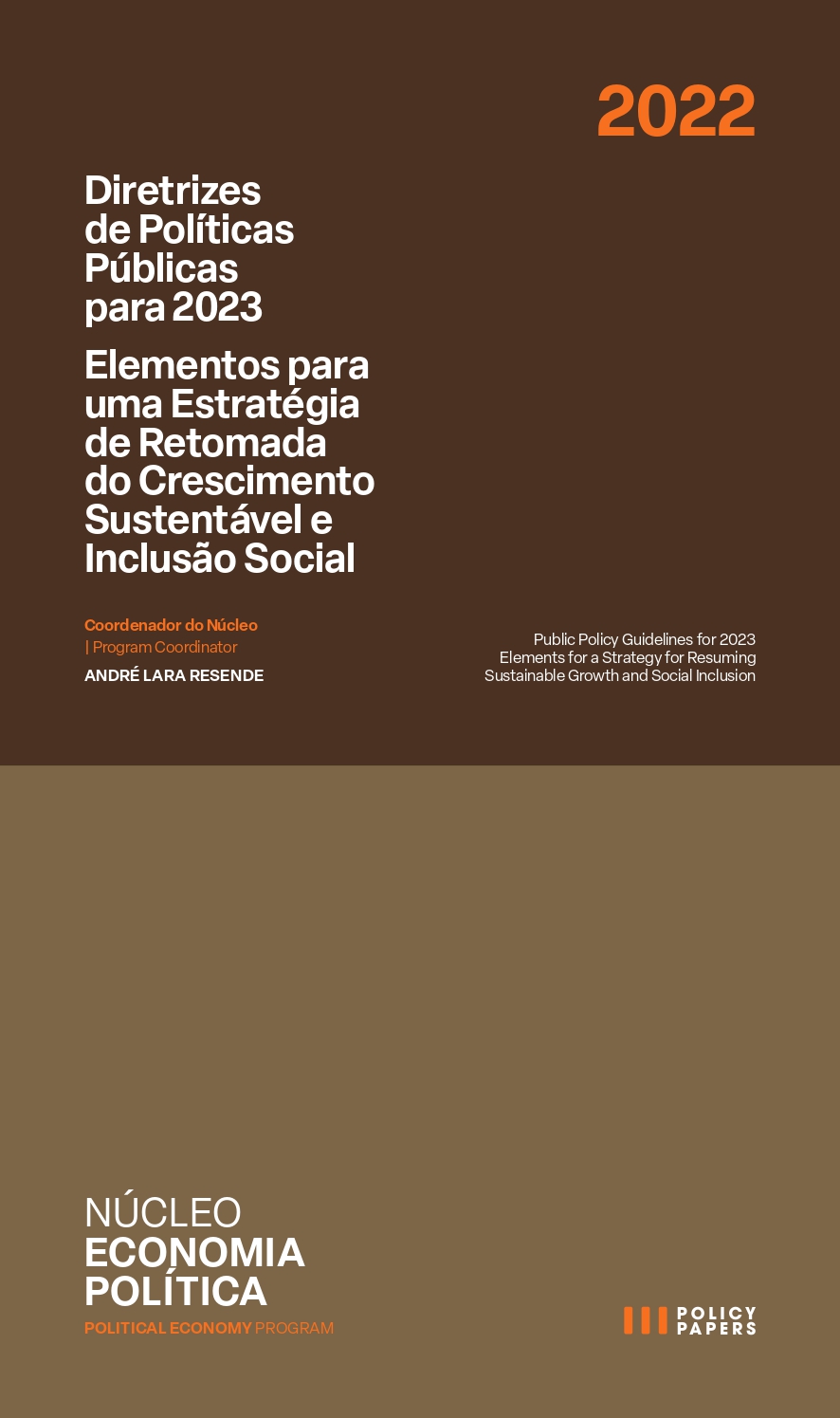Policy Papers
Elements for a Strategy for Resuming Sustainable Growth and Social Inclusion
- 04 august 2022
Monetary and fiscal macroeconomic policies are not independent and must be coordinated. The main instrument of monetary policy today is the basic interest rate on bank reserves, which is the benchmark for the entire term structure of
public debt rates. Higher interest rates act as an inhibitor of demand pressures, a contractionary monetary effect, but raise debt service and government financial spending, an expansionary fiscal effect. Especially when coupled with an increase
in the government’s primary deficit, an increase in non-financial expenditures, a rise in interest rates can be counterproductive, as it slows the economy and simultaneously increases the government’s financial spending. The result is an increase in debt in relation to GDP and a worsening of the impression that public accounts are out of control.
In this sense, macroeconomic consistency means that when faced with an overheating economy, balance of payments deficits, and inflationary pressures, macroeconomic policies need to be coordinated.
This text aims to contribute to the discussions and proposals coordinated by CEBRI's Political Economy Program under the heading "Suggestions of Public Policy Guidelines 2023".
Institutional Partnerships:
Konrad Adenauer Stiftung and FIESP
Monetary and fiscal macroeconomic policies are not independent and must be coordinated. The main instrument of monetary policy today is the basic interest rate on bank reserves, which is the benchmark for the entire term structure of
public debt rates. Higher interest rates act as an inhibitor of demand pressures, a contractionary monetary effect, but raise debt service and government financial spending, an expansionary fiscal effect. Especially when coupled with an increase
in the government’s primary deficit, an increase in non-financial expenditures, a rise in interest rates can be counterproductive, as it slows the economy and simultaneously increases the government’s financial spending. The result is an increase in debt in relation to GDP and a worsening of the impression that public accounts are out of control.
In this sense, macroeconomic consistency means that when faced with an overheating economy, balance of payments deficits, and inflationary pressures, macroeconomic policies need to be coordinated.
This text aims to contribute to the discussions and proposals coordinated by CEBRI's Political Economy Program under the heading "Suggestions of Public Policy Guidelines 2023".
Institutional Partnerships:
Konrad Adenauer Stiftung and FIESP

